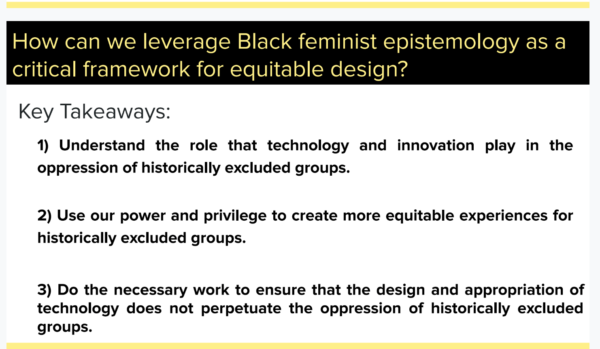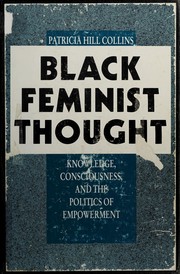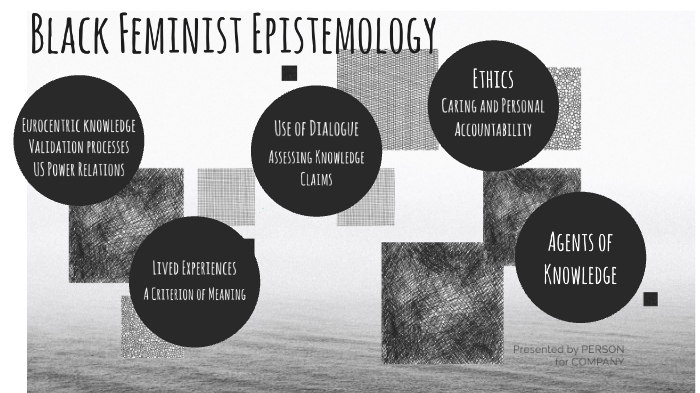

More importantly for Collins, the definitions, central themes, and epistemological importance of this thinking were fundamentally established in the political context that I challenged itself to have. This dialectics of oppression and activism as well as the tension between the oppression of the ideas of black women and intellectual activism over this oppression, include the politics of black female thinking. This voice promoted resistance and activism of black women. Well, repressing knowledge produced by any oppressed group makes it easier for dominant groups to control, because a false absence of free consciousness in the oppressed can be considered as voluntary cooperation in making them a victim.īut despite this oppression, there are women who have struggled and managed to make their voices heard, for example Tony Morrison. One of the questions raised by Collins is why, then, this intellectual tradition has been invisible until now. This foundation has created an intellectual tradition with thematic continuity of black women. The meticulous process of gathering the ideas and activities of the women who were “thrown aside” (like Stuart) revealed an essential analytical basis of black women’s special perspective on self-identity, community, and society. There are women who were better known, such as Alice Walker, thanks to the efforts of African-American educators. Maria Stuart is an example of a black intellectual whose words were suppressed and unheard. The basis for her claims was that she was aware of the sexual abuse that black women experience. According to her, this power of self-determination is essential because the survival of these women is at risk. She therefore encouraged these women to design for themselves definitions of self-confidence and independence as well as to produce a strong mechanism of political action. Keywords: oppression (racial, gender and class), activism, tradition, work, family, black femininity and its definitions.Ĭhapter One: The Politics of Black Feminist Thinking.Īs the first American woman to lecture on political issues, Maria Stuart (a black intellectual) called on African-American women to reject the image of the physically and intellectually poor black femininity that stood out at the time, pointing out that racial and sexual oppression was the root cause of this poverty.

In addition, she describes the journey of black female intellectuals to the writings of African-American women, in order to raise them to the academic agenda, as well as the importance of the black feminist intellectual discourse today.Ĭharacters that are mentioned a lot: Alice Walker (black feminist writer), Tony Morrison (black writer).

Summary: In "Black Feminist Thinking" Patricia Hill Collins describes the development and ways of shaping African-American political thinking.


 0 kommentar(er)
0 kommentar(er)
